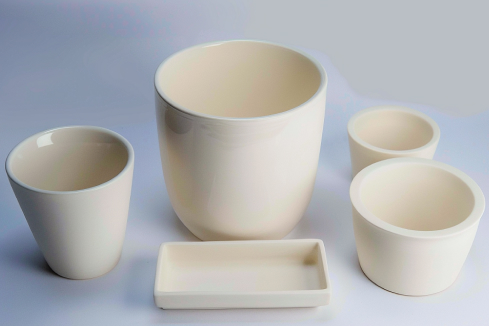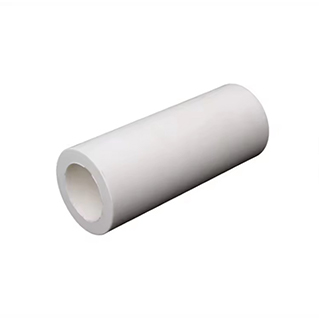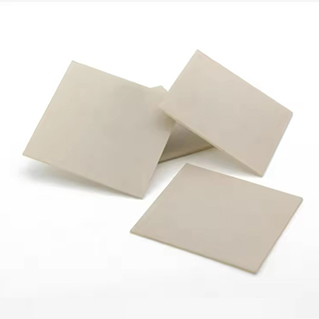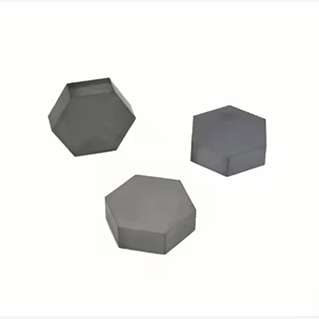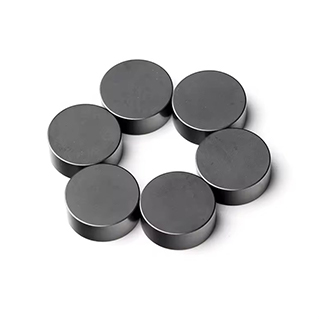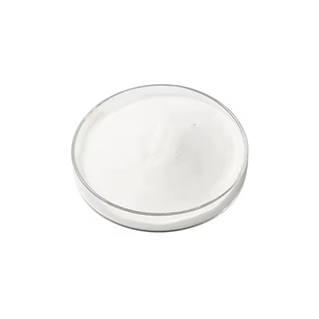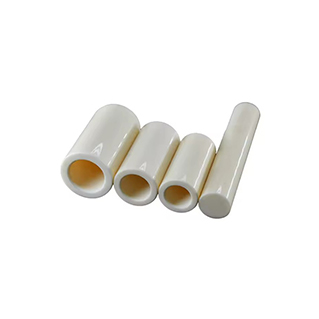Stanford Advanced Materials (SAM) provides bespoke ceramic components. It specialises in ceramic injection moulding, CNC machining and conventional machining with controlled tolerances. SAM offers diamond grinding, specialised lapping, polishing, laser cutting, engraving and metallisation for designs requiring precise dimensions.
SAM works with materials including aluminium oxide, aluminium nitride, boron carbide, boron nitride, silicon carbide, silicon nitride, silicate and zirconium dioxide. Supported by expert technical advice and detailed technical reports, SAM produces ceramic components for applications and assemblies that comply with strict specifications.

 Bars
Bars
 Beads & Spheres
Beads & Spheres
 Bolts & Nuts
Bolts & Nuts
 Crucibles
Crucibles
 Discs
Discs
 Fibers & Fabrics
Fibers & Fabrics
 Films
Films
 Flake
Flake
 Foams
Foams
 Foil
Foil
 Granules
Granules
 Honeycombs
Honeycombs
 Ink
Ink
 Laminate
Laminate
 Lumps
Lumps
 Meshes
Meshes
 Metallised Film
Metallised Film
 Plate
Plate
 Powders
Powders
 Rod
Rod
 Sheets
Sheets
 Single Crystals
Single Crystals
 Sputtering Target
Sputtering Target
 Tubes
Tubes
 Washer
Washer
 Wires
Wires
 Converters & Calculators
Converters & Calculators
